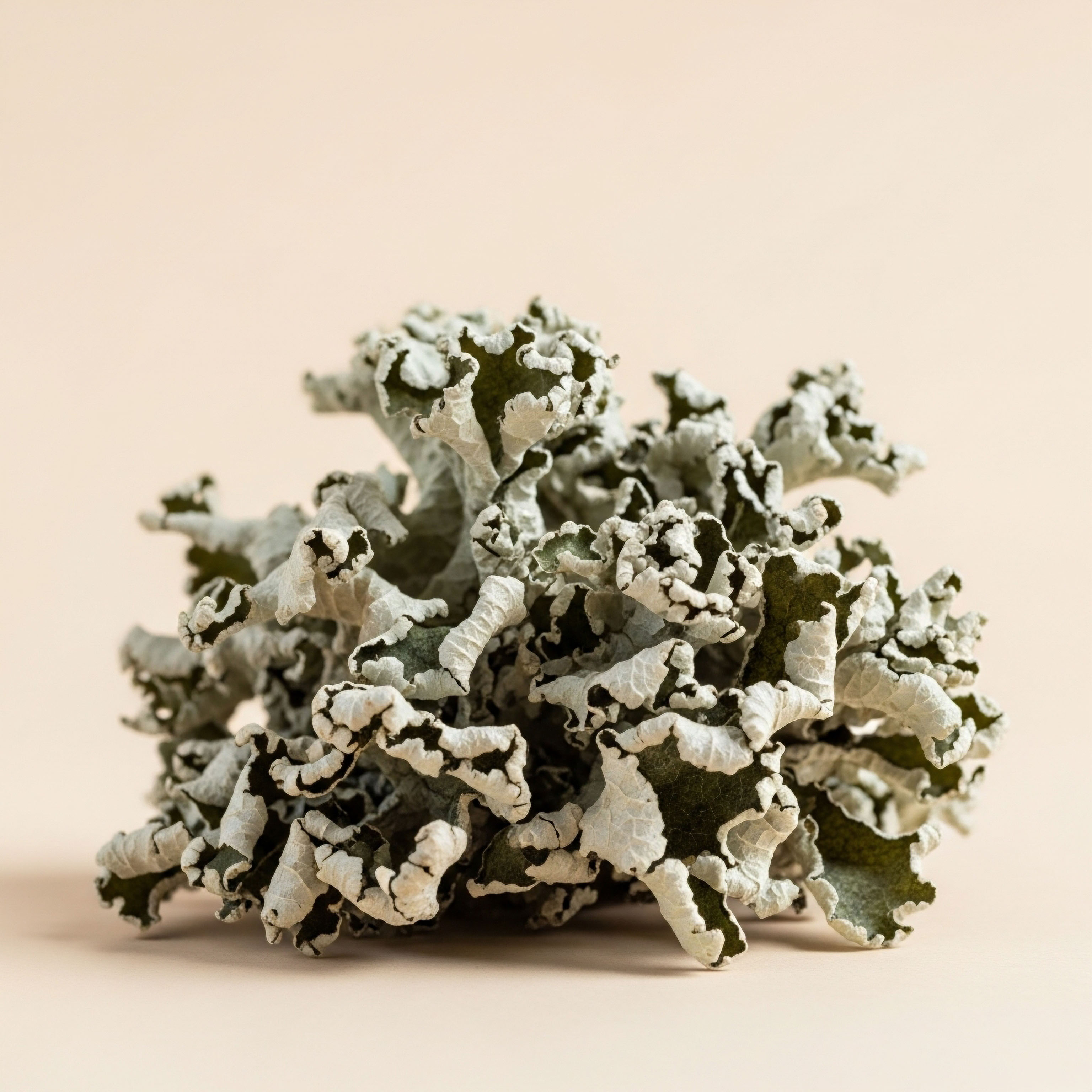

The Chemical Signature of Command
Your internal state is the battlefield where your life is won or lost. The feelings of drive, focus, contentment, and composure are direct outputs of a precise neurochemical environment. These states are governed by a quartet of powerful molecules ∞ dopamine, serotonin, acetylcholine, and GABA.
To understand these agents is to understand the very levers of your own ambition and tranquility. This is not about fleeting feelings; it is about establishing a baseline state of operational readiness. Your neurochemistry dictates your capacity for deep work, your resilience in the face of pressure, and your ability to connect with others. It is the invisible architecture supporting every action you take.

The Illusion of a Single Self
The person who wakes with relentless drive is neurochemically distinct from the person who experiences mental fog and procrastination. Both exist within you. The difference is which chemical system is dominant. Dopamine governs the pursuit of goals, turning intention into action. Serotonin provides the calm confidence to lead and connect, establishing your place in social hierarchies.
Acetylcholine sharpens focus to a fine point, allowing for the deep concentration required for mastery. GABA acts as the master regulator, preventing the system from overheating by managing anxiety and stress. To master these systems is to gain authorship over which version of yourself shows up on any given day.


Tuning the Primary Transmitters
Directing your neurochemical state requires a sophisticated understanding of the inputs that modulate each system. These are not blunt instruments but precision tools. Nutrition, targeted supplementation, and specific behaviors are the raw materials and programming instructions for your internal pharmacy. The goal is to provide the brain with the constituent parts it needs to synthesize these molecules and to create the environmental cues that encourage their optimal release.

A Protocol for Precision
Each major neurotransmitter responds to a unique set of stimuli and precursors. A systematic approach allows for targeted adjustments based on desired outcomes.
-

Dopamine the Engine of Drive
This system is responsible for motivation and the vigorous pursuit of goals. It is stimulated by novelty, challenge, and the anticipation of reward. To support this pathway, ensure adequate intake of its primary amino acid precursor, L-Tyrosine, found in meats, cheeses, and certain nuts. Behavioral protocols include setting clear, incremental goals and celebrating small wins, which provides the reinforcement signals that keep dopamine pathways primed and ready for action. Chronic overstimulation through cheap sources like social media or pornography can desensitize receptors, making genuine motivation harder to achieve.
-

Serotonin the Foundation of Composure
Serotonin is integral to mood stability, patience, and a sense of well-being. It underpins your ability to handle stress without becoming reactive. Its synthesis depends on the amino acid Tryptophan, present in foods like turkey, eggs, and seeds. Sunlight exposure is a powerful, non-nutritional modulator of serotonin production. Regular, reflective practices such as journaling or meditation can also support healthy levels by reducing cortisol, a stress hormone that can interfere with serotonin function.
-

Acetylcholine the Conductor of Focus
This molecule is paramount for cognitive tasks that require intense concentration, learning, and memory consolidation. Acetylcholine allows your brain to lock onto a target and process information with clarity. Its primary precursor is Choline, which is abundant in egg yolks and organ meats. Supplementation with sources like Alpha-GPC can provide a more direct route for increasing choline availability in the brain, sharpening cognitive function for demanding tasks.
Studies indicate that baseline neurotransmitter levels can predict individual performance on cognitive tasks, suggesting that optimizing these levels can have a measurable impact on mental output.


Situational Neurochemistry
The application of these principles is a dynamic process, tailored to the demands of the moment. The objective is to deploy the correct neurochemical state for a specific task, much like a pilot adjusts the controls of an aircraft for takeoff, cruising, and landing. This is the practice of becoming a conscious operator of your own biology.

Deploying States on Demand

For Periods of Intense Focus
When engaging in deep work or complex problem-solving, the primary goal is to elevate acetylcholine. This is the time to ensure choline stores are sufficient, perhaps through a targeted meal or supplementation 1-2 hours prior. It requires minimizing distractions that hijack the dopamine system, such as phone notifications, and creating a stable environment where the brain can fully engage its cholinergic pathways for extended periods.

For High Stakes Negotiation or Social Command
In situations that demand calm, confident authority, the focus shifts to serotonin and GABA. The goal is to maintain a state of relaxed alertness. This can be primed through adequate sleep, morning sunlight exposure, and a pre-meeting mindfulness practice to lower cortisol. Avoiding stimulants that might increase anxiety is a sound strategy here. A well-regulated serotonin system allows you to project confidence and build rapport effectively.
Research shows that targeted interventions, including timed light exposure and consistent sleep-wake cycles, can produce significant improvements in mood and objective measures of cognitive performance, such as reaction times.

The Long Game
While situational adjustments are powerful, the ultimate aim is to elevate your baseline. This is achieved through consistency. Regular physical exercise is a potent modulator, triggering the release of multiple neurotransmitters, including dopamine. A diet consistently rich in the necessary amino acid precursors and micronutrients provides the building blocks for a robust neurochemical system.
High-quality sleep is non-negotiable, as it is during this time that the brain clears out metabolic byproducts and resets its chemical balance. Over time, these foundational habits create a system that is resilient, powerful, and responsive to your command.

The Biology of Your Will
Your body is a high-performance machine, and its most critical operating system is the chemical language of the brain. To leave this system to chance is to abdicate control over your own potential. Understanding and deliberately managing your neurochemistry is the final frontier of personal agency.
It transforms the abstract concept of willpower into a concrete set of biological variables that can be measured, adjusted, and mastered. This is the work of moving from a passenger in your own biology to the pilot at the controls. Your ambition has a chemical signature. It is time you learned to write it.



